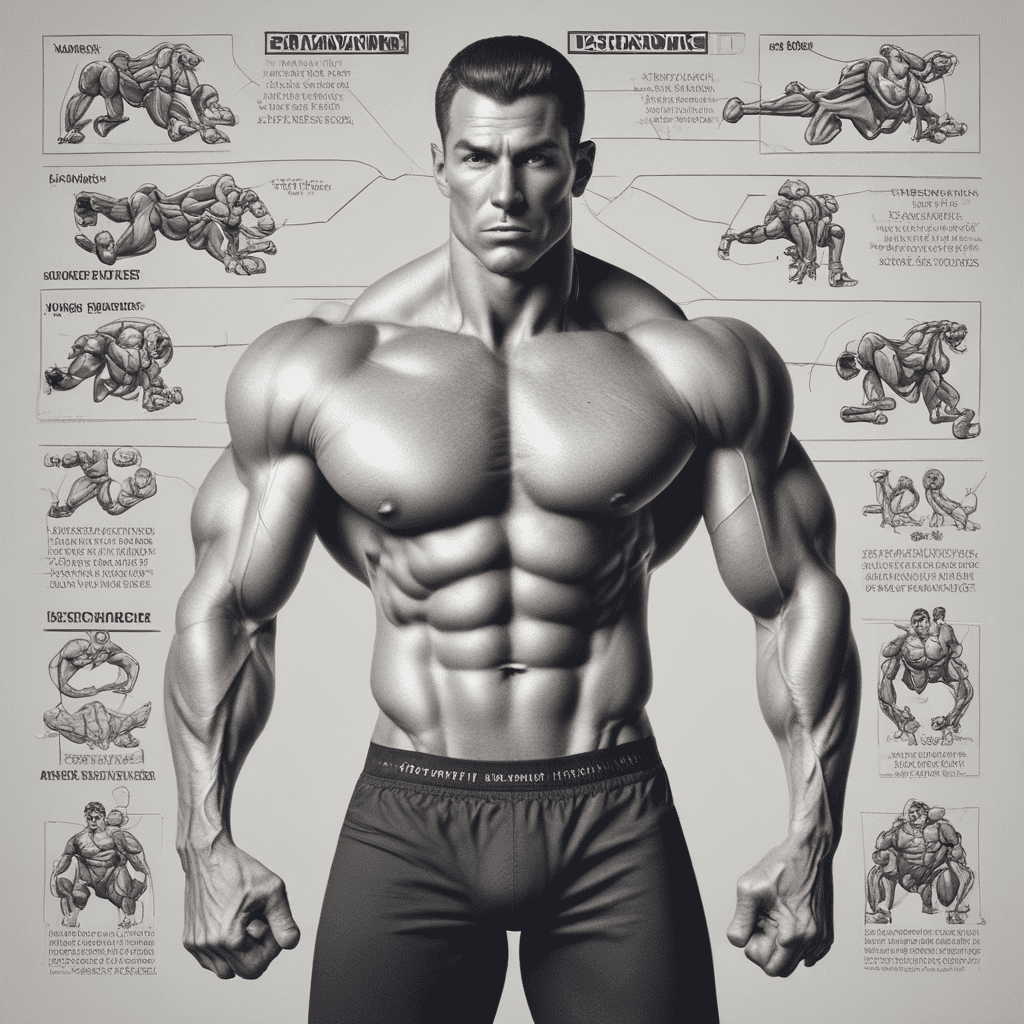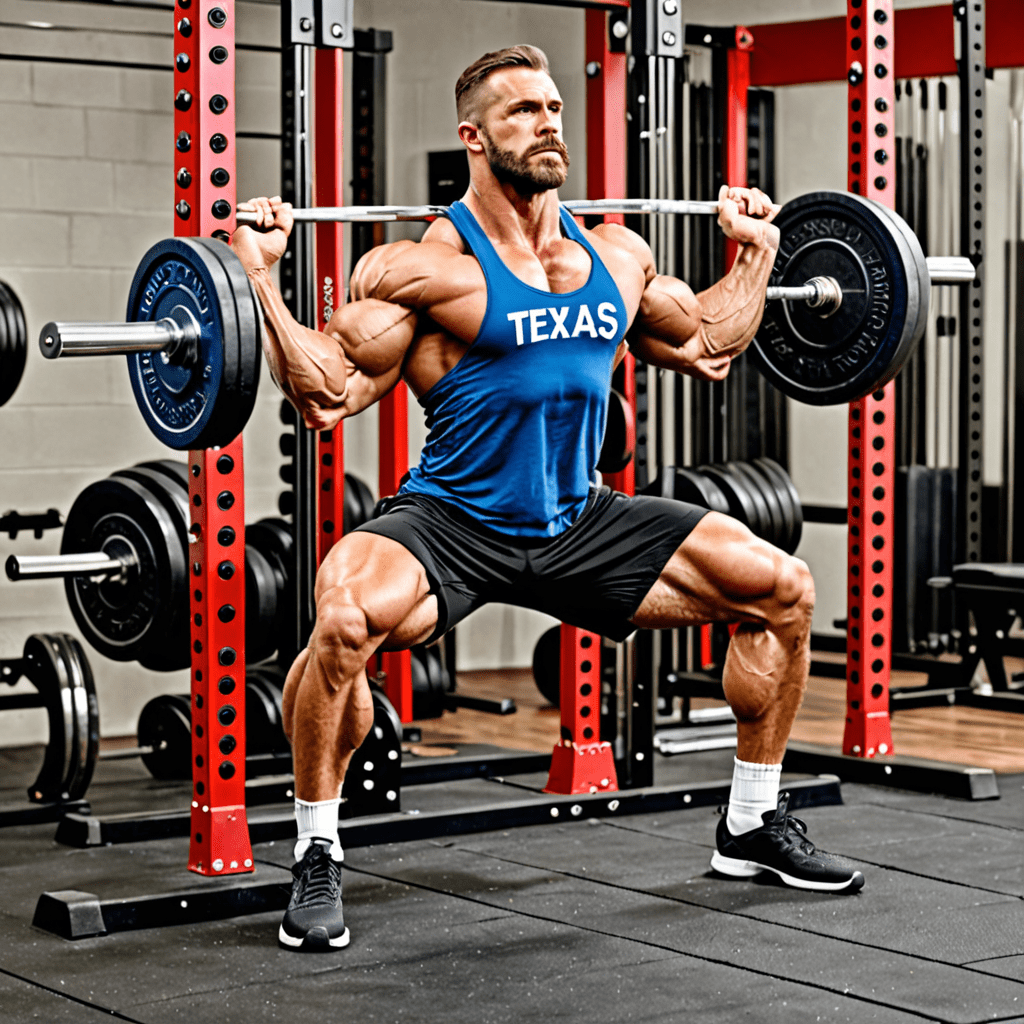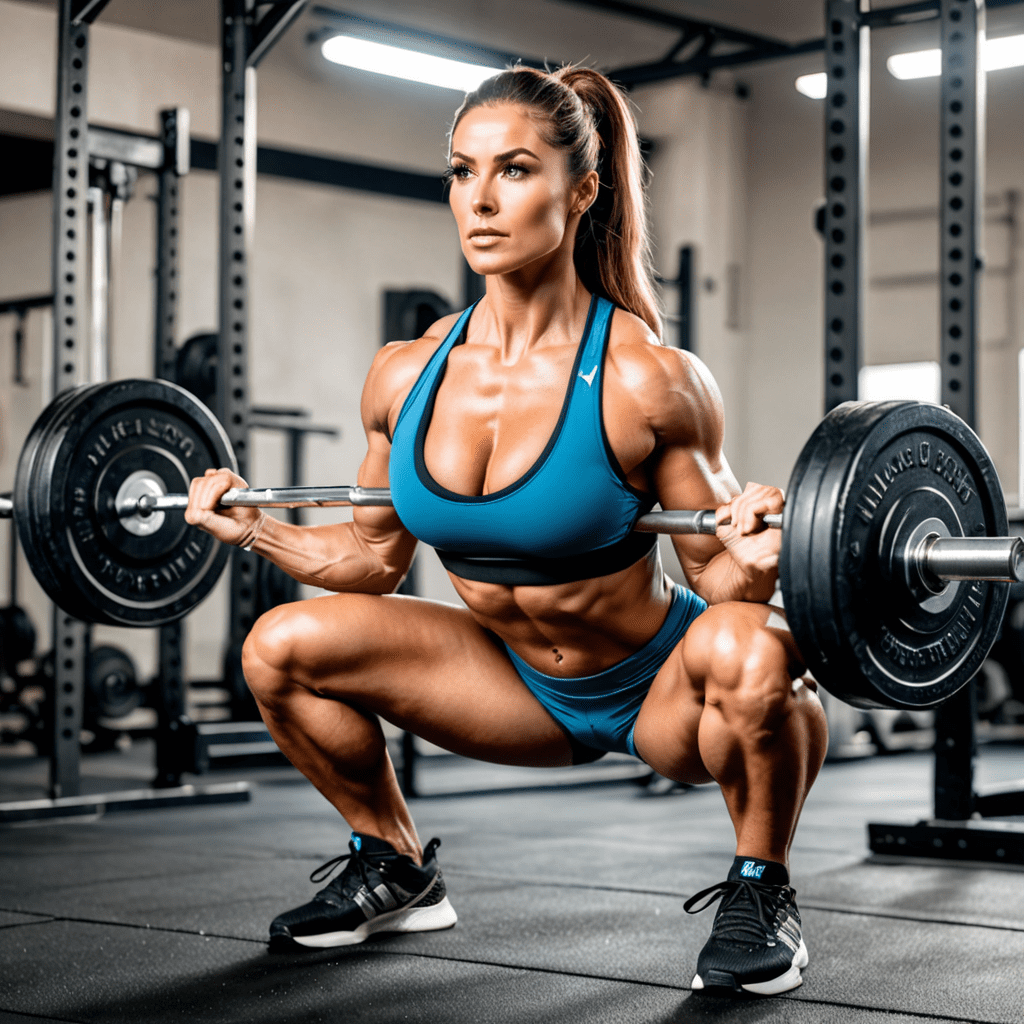
Muscle Building and Hormones: Optimizing Your Body’s Signals
Building muscle is a complex process that involves various factors, and one crucial element in this process is hormones. Understanding how hormones influence muscle growth can help optimize your fitness journey to achieve better results.
The Role of Hormones in Muscle Building
Hormones act as chemical messengers in the body, regulating various processes including muscle growth. Key hormones like testosterone, growth hormone, insulin-like growth factor 1 (IGF-1), and cortisol play significant roles in muscle development.
Testosterone: The Primary Muscle-Building Hormone
Testosterone is considered the primary male sex hormone, but it also plays a vital role in muscle growth. Higher testosterone levels are associated with increased muscle mass, strength, and protein synthesis.
Growth Hormone and IGF-1: Stimulators of Muscle Growth
Growth hormone and IGF-1 work together to promote muscle growth, repair, and recovery. They stimulate protein synthesis and enhance the utilization of fats for energy, supporting muscle development.
The Impact of Cortisol on Muscle Building
While cortisol is necessary for various functions in the body, chronically elevated levels can have a catabolic effect on muscles. Managing stress levels and ensuring adequate rest are crucial to prevent excessive cortisol release.
Optimizing Hormonal Balance for Muscle Building
To optimize hormonal balance for muscle building, focus on factors like adequate sleep, a balanced diet rich in protein and nutrients, regular exercise incorporating resistance training, and stress management techniques.
Supplements and Hormonal Optimization
Some supplements are marketed to support hormonal balance and muscle growth. It’s essential to consult with a healthcare provider or a fitness professional before incorporating any supplements into your regimen.
Conclusion
Understanding the role of hormones in muscle building and optimizing your body’s signals through lifestyle choices and proper training can lead to more effective muscle growth and overall fitness improvements. By prioritizing hormonal balance, you can enhance your muscle-building potential and achieve your fitness goals more efficiently.
FAQs About Muscle Building and Hormones
What role do hormones play in muscle building?
Hormones act as chemical messengers in the body, regulating various processes, including muscle growth. Hormones like testosterone, growth hormone, and insulin-like growth factor-1 play crucial roles in muscle building by stimulating protein synthesis and enhancing muscle tissue repair and growth.
How can I optimize my body’s hormonal signals for muscle growth?
To optimize your body’s hormonal signals for muscle building, focus on factors like proper nutrition, regular strength training, getting enough sleep, managing stress levels, and staying hydrated. These factors can help maintain hormonal balance and support muscle growth.
Are there specific exercises that can help boost muscle-building hormones?
Compound exercises such as squats, deadlifts, bench presses, and rows are known to stimulate the release of muscle-building hormones. These exercises engage multiple muscle groups, leading to a greater hormonal response compared to isolation exercises.
Can nutrition influence hormone levels for muscle building?
Yes, nutrition plays a vital role in influencing hormone levels for muscle building. Consuming an adequate amount of protein, healthy fats, and carbohydrates, along with micronutrients like zinc and magnesium, can support hormone production and optimize muscle growth.
How does sleep affect hormone balance for muscle building?
Sleep is essential for maintaining a healthy hormone balance for


